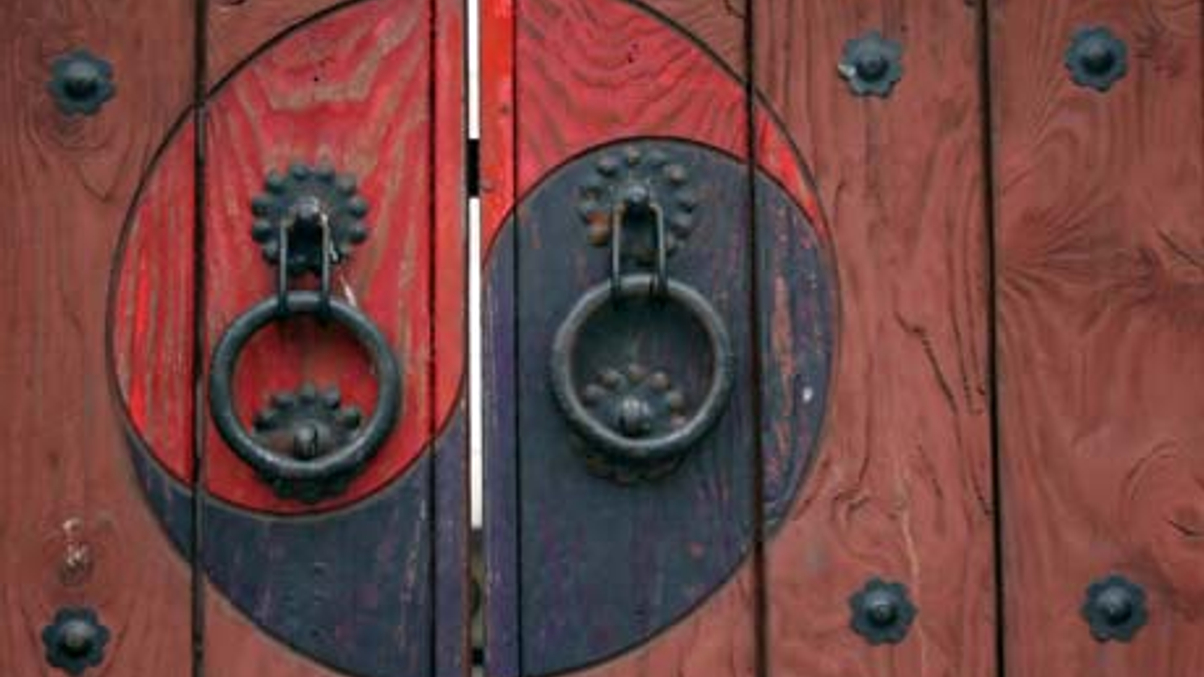Korea unification tipped within a decade
Support is growing for economic integration between North and South Korea, with Shinyoung AM the first to launch an equity fund focused on firms potentially in line to benefit.

Value investor Shinyoung Asset Management has become the first firm in South Korea to bet on unification with North Korea by launching an equity fund focused on companies potentially in line to benefit.
Sign in to read on!
Registered users get 2 free articles in 30 days.
Subscribers have full unlimited access to AsianInvestor
Not signed up? New users get 2 free articles per month, plus a 7-day unlimited free trial.
¬ Haymarket Media Limited. All rights reserved.


